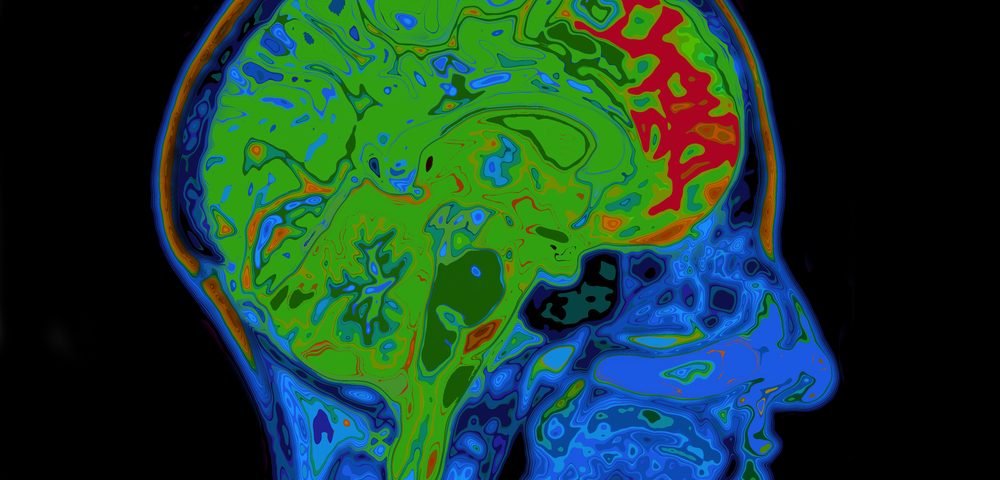Among adults in the U.S., CDC data from 2018 shows 75 million, or 1 in 3 people, experience the burden of high blood pressure.
In a study, researchers at Columbia University tried to tackle the growing global health threat of high blood pressure by examining how its treatment affects cognitive health. As presented in the American Heart Association’s Hypertension 2019 Scientific Sessions, the findings suggested taking treatment prescribed for high blood pressure may reduce the progression of cognitive decline in middle-aged and older adults.
The results were attained by analyzing data, between 2011-2015, of an estimated 11,000 adult participants as part of the China Health and Retirement Longitudinal Study. Researchers set out to test whether treatment for high blood pressure affects individuals with cognitive decline.
During the study, the participants underwent interviews to gather numerous factors, including details of their treatment for high blood pressure and socioeconomic status. Thereafter, cognitive exams in the form of memory quizzes were administered to measure memory and thinking abilities.
Based on the results, it was determined that the participants who exhibited high blood pressure saw a rapid increase in cognitive decline. Among the participants who took treatment, they also experienced a similar increased rate of cognitive decline.
Although the findings detail how high blood pressure treatment may be beneficial in reducing the progression of cognitive decline, researchers, however, did not fully assess as to how such treatments provide its beneficiary effects on cognitive health.
“This study focused on middle-aged and older adults in China, however, we believe our results could apply to populations elsewhere as well,” said Shumin Rui, an author of the study. “We need to better understand how high blood pressure treatments may protect against cognitive decline and look at how high blood pressure and cognitive decline are occurring together.”


